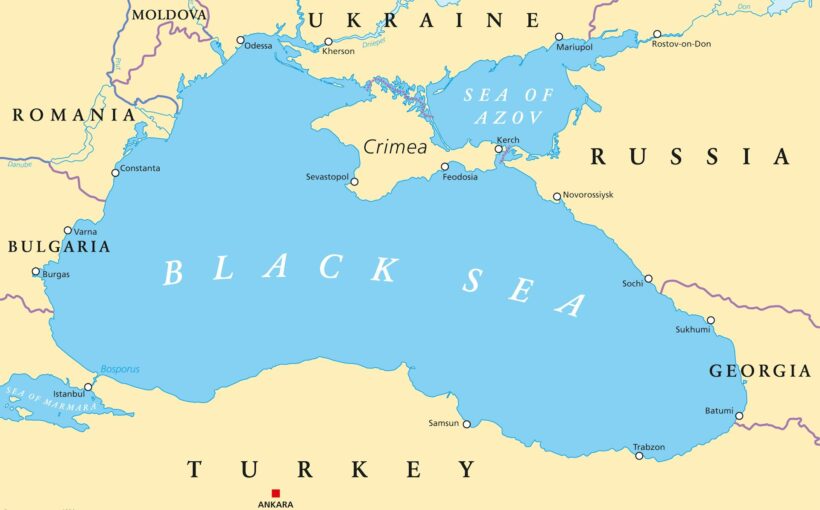Poland is weighing up whether it can intercept Russian rockets on course to strike Ukrainian cities, Warsaw has said, as Western allies step up shipments of air defenses to help protect civilians and critical energy infrastructure.
At a speech to the American Enterprise Institute on the sidelines of a NATO summit in Washington on Friday, Polish Foreign Minister Radosław Sikorski said the proposal — initially put forward by Kyiv — is being considered and was included in a joint defense agreement signed by the two countries.
“At this stage, this is an idea. What our agreement said is we will explore this idea,” Sikorski said.
Poland, he added, has a right to shoot down Russian missiles that risk crossing into its territory “we assume, by mistake.” However, the foreign minister went on, intercepting them only after they have crossed the border presents a “dilemma” given the debris can cause damage by itself.
“The Ukrainians are saying, ‘Please, we will not mind, do it over our airspace when they’re in imminent danger of crossing into Polish territory. To my mind, that’s self-defense, but we are exploring the idea,” Sikorski said.
That marks a departure from Warsaw’s previous positions on the issue. Władysław Kosiniak-Kamysz, the country’s deputy prime minister and minister for defense, told Polish Radio earlier this week that the move would require sign-off from NATO allies amid fears over potential escalation.
“If NATO does not make such a decision, Poland will not make it individually,” he said.
Russia has carried out a string of strikes against civilian targets in recent weeks, killing two and injuring 16 others during an attack on Ukraine’s largest children’s hospital on Monday.
The U.N. has confirmed a “high likelihood” that the carnage was the result of a “direct hit” by a Russian rocket, rather than being caused by a missile being shot down, as Moscow has claimed in previous such cases. The International Criminal Court has begun an investigation into a potential war crime, Kyiv said Friday.
Ukraine secured a package of air defenses, including more American-made Patriot systems, as part of an agreement pledged during this week’s NATO summit. However, experts say supplying a range of hardware and interceptor rockets needs to be a constant effort, rather than occasional one-off deals.
“The Russians are using a large variety of different attack methodologies and to defeat them you need a layered air-defense system,” former British military intelligence colonel and NATO planner Philip Ingram told POLITICO.
“Some that are closer range, some that can hit things further out, and rockets that can tackle both slow-moving attack drones and those that are capable of overcoming defenses to take out ballistic missiles and hypersonic missiles.”
“The West’s policy of incrementalism is not working,” said Jade McGlynn, a war studies lecturer at King’s College London.
“There should be less focus on symbolism and more focus on destroying Russia’s air superiority — by increased air defense, removing constraints on Ukraine’s ability to take out bombing sites in Russia — and additional funding to bring Ukraine’s defense spending at least somewhere closer to Russia’s war spending.”


